Somehow, because time is an illusion, back-to-school season is already here. We’re in that brief window where picking the right laptop suddenly feels like the most important thing. And you’re not wrong. But pick the wrong laptop and you’ll waste time on returns and replacements. That’s time you don’t have as a full-time college student.
Manufacturers love to push flashy specs and gimmicks on students. Those features might help some niche users, but for most college students? Nope. So, here’s the deal, I’ll break down the most overrated laptop features that sound impress but rarely matter for the average college student.
If you’re just here for laptop recommendations, PCWorld’s got a great roundup of the best laptops for college students.
4K screens are stunning but draining
A 4K (3840×2160) screen packs around four times as many pixels as a standard 1080p display, so that means you’re getting a razor-sharp picture. It’s a stunning screen for watching movies, but for the everyday student, it’s overkill. Not only do 4K displays raise the price, but they also drain the battery faster because they demand more power than a lower resolution screen.
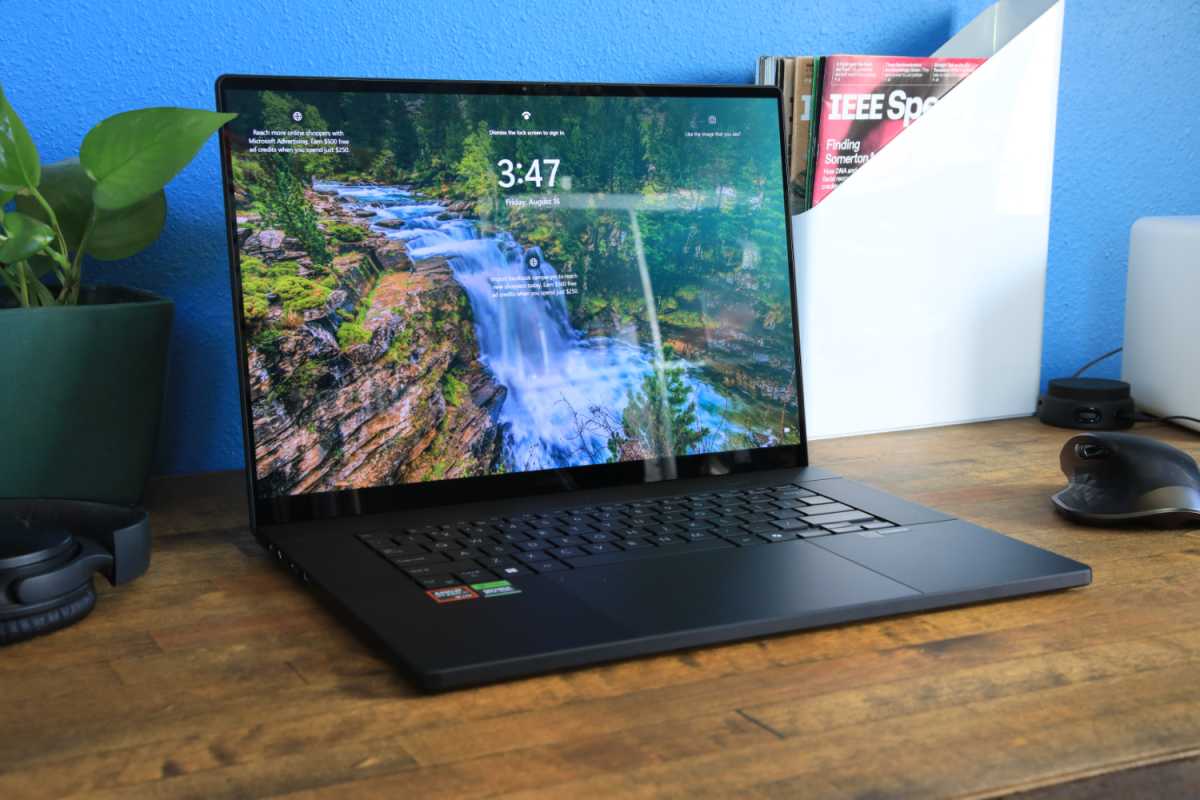
IDG / Matthew Smith
When I was in college, I had limited funds and needed a laptop that could last through a full day of classes. Unless things have drastically shifted in the last ten years or so, I imagine most students these days are in the same boat. Budget and battery life still matter.
And, because I’ve always got to look at the other side of things, if you’re studying graphic design or photography, then a 4K display might actually be a necessity. They’re great for color accuracy and detail work. If you’re just browsing and writing papers, though, a good 1080p display will serve you just fine.
Dedicated gaming GPUs, powerful but unnecessary for most
Unless you’re studying game development or 3D modeling (or you’re just really serious about gaming), most students don’t need the extra firepower of a dedicated GPU. Again, it’s overkill (it’s the word of the day!) for most students just doing research or writing papers. Dedicated GPUs also add bulk, reduce battery life, and can cause laptops to run hotter under load. Many years ago a friend of mine used to stick her laptop in the freezer whenever it overheated. Not the best solution.
Integrated graphics, which are built into most laptops, can handle the daily stuff like word processing and video calls. For the average student, that’s all you need.
RGB keyboards, cool to look at but pointless to use
Who doesn’t love an undulating wave of rainbow of lights? I sure do. My daily keyboard has RGB lighting and mechanical switches, but I use it with a desktop, so I don’t have to worry about battery life.
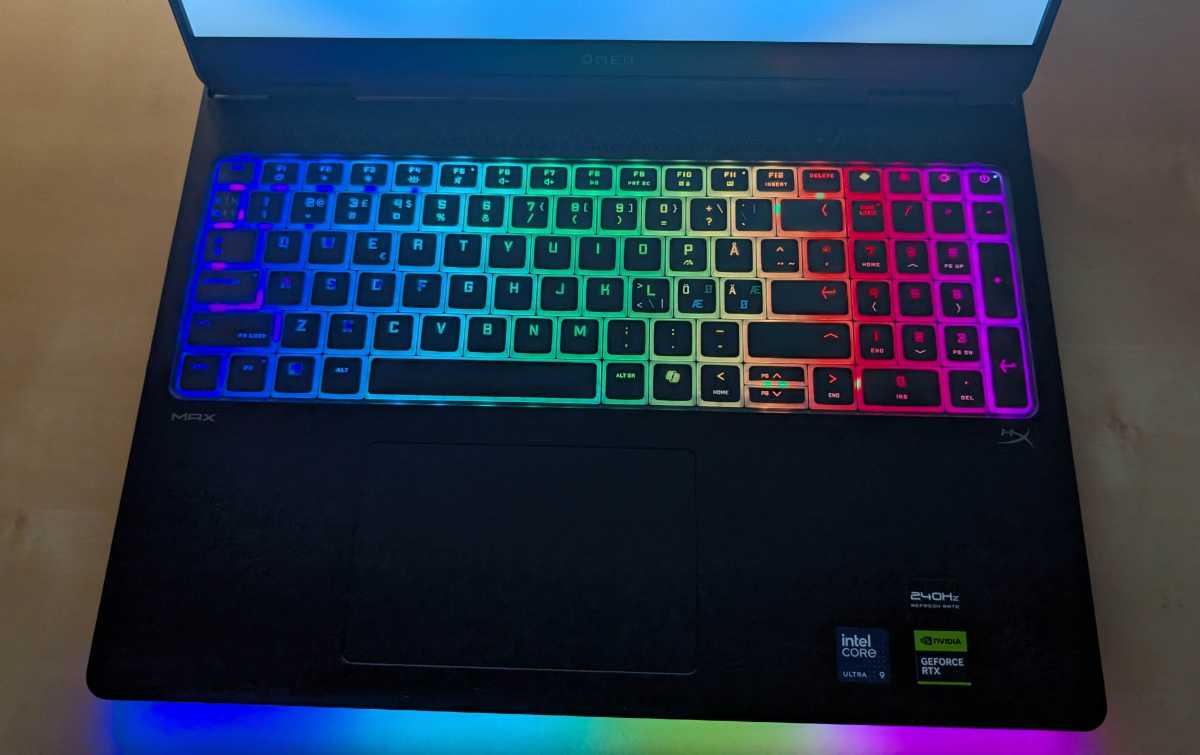
Mattias Inghe
The lights, while undeniably bewitching, do use up more power and drain your battery faster. It really depends on how bright you have them and what kind of lighting profile you pick. Animated RGB lighting (aka the undulating wave) sucks up more juice than plain white. It’ll help you see the keys in the dark, but other than that it’s not going to help you get schoolwork done any faster.
Port overload
A laptop with a variety of ports might sound like an automatic win, but more isn’t always better. You’ll probably only use the HDMI port once or twice to connect to an external screen. Plus, most schoolwork today is done via the cloud, so you don’t need to save anything to a USB stick.
Ports also add weight, which is another thing to consider if you’re toting a laptop from class-to-class.
Excessive RAM, more isn’t necessarily better
This one’s tricky. Having gobs of RAM might sound cool on paper, but after a certain point it doesn’t really matter. You probably don’t need as much as you think.
8GB is plenty for basic college work (writing essays and the like), but 16GB is better for heavier web browsing and running apps. Beyond that? It’s probably a bit too much. 32GB of RAM is a lot and most of it will go unused unless you’re rendering 3D models, doing creative work, or some other resource-intensive heavy computing tasks.
The advice no one asked for
Honestly, most of the flashier laptop features are just there to look impressive on a spec sheet. That doesn’t mean they’ll actually help you write papers and make it through back-to-back lectures. My advice? Focus on what matters: good battery life, reliable performance, and portability. You don’t need the latest and greatest machine. You just need a laptop that fits your specific needs.
Melden Sie sich an, um einen Kommentar hinzuzufügen
Andere Beiträge in dieser Gruppe
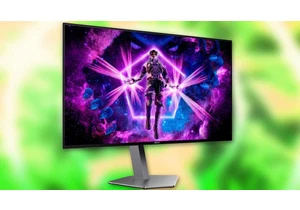
$400 is the lowest I’ve ever seen for a new OLED gaming monitor… but

Adobe has finally delivered on one of the most requested features in

Logitech’s MX Master mouse series is probably the most well-regarded
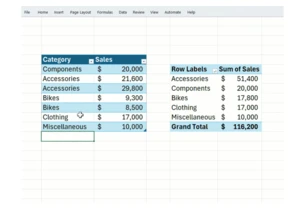
Data wonks, rejoice! Pivot tables now automatically refresh themselve
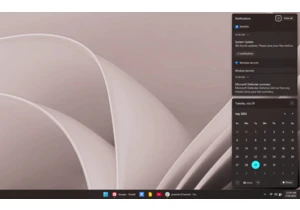

It’s official: Peacock’s with-ads plan is now the priciest of its big
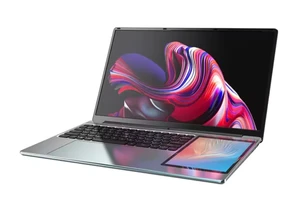
Multi-screen laptops are a thing, and have been a thing for a while.
